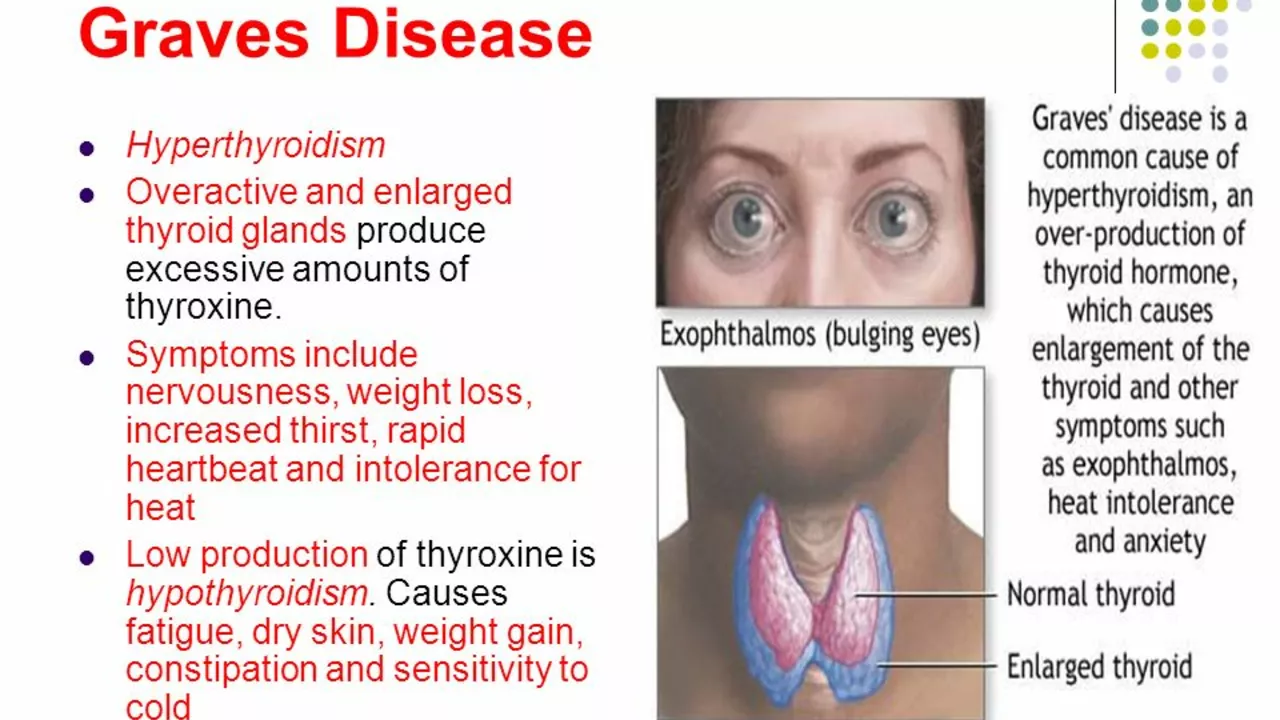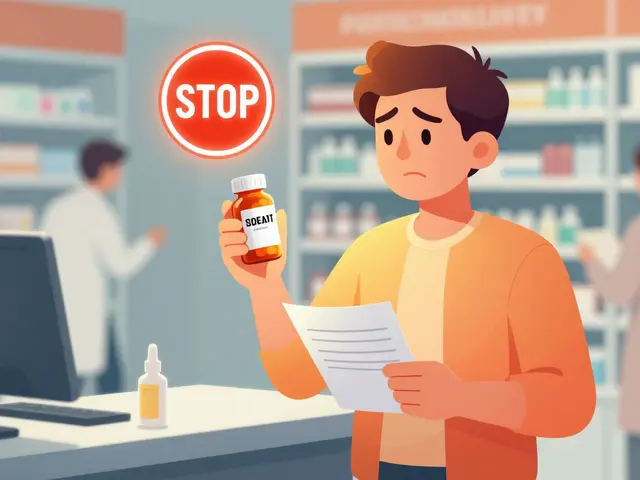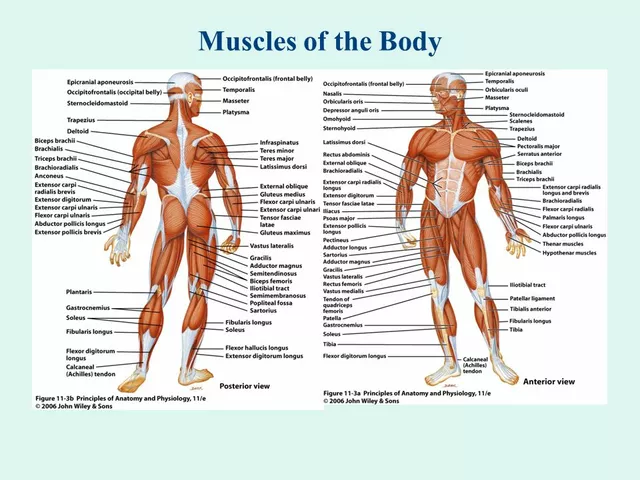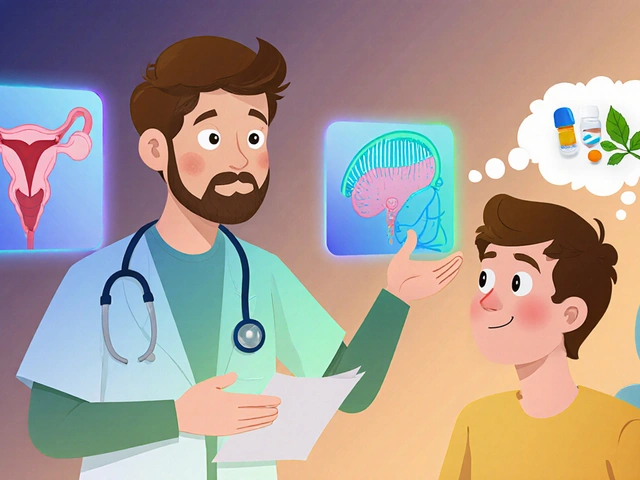What to Do If You Receive the Wrong Medication from the Pharmacy
January 18 2026Symptoms: How to Spot What Matters and What to Do Next
A sudden symptom can feel scary. A tight chest, new breathlessness, a steady fever, or memory changes — those are signals, not mysteries. The trick is knowing which signals need urgent action, which can be watched, and how to keep clear records so your doctor can help faster.
Quick checks for urgent symptoms
Some signs need immediate attention: severe chest pain or pressure, trouble breathing, sudden weakness or slurred speech, heavy bleeding, or loss of consciousness. If you have any of those, call emergency services right away. Other red flags include very high fever that won’t come down, fainting, or a rash with fever. When in doubt, err on the side of safety — it’s better to get checked and rule out something serious.
Not every scary feeling is an emergency. Sudden, brief dizziness after standing up may be low blood pressure. Mild, short-lived heartburn often responds to lifestyle changes or over-the-counter meds (our Prilosec guide explains options). But persistent or worsening symptoms deserve a visit to your provider — for example ongoing memory loss should prompt assessment (see our Reminyl article for background on memory treatments).
Simple tracking and next steps
Track symptoms from the moment they start. Note date, time, what you were doing, how long it lasted, any triggers, and what helps. Use a note app or a small notebook. This record helps your clinician see patterns — like a link between travel and medication timing, or consistent swelling after flights if you’re on blood thinners (our DVT and apixaban post covers travel tips).
Check recent medication changes. New pills, dose changes, or supplements can cause side effects that mimic disease. If a symptom began after starting a drug, mention it. Our site has articles about common meds — from thyroid treatments to antidepressants — that explain typical side effects and what to watch for.
Use reliable online resources, but don’t self-diagnose. Symptom checkers can give ideas, not final answers. If an online pharmacy offers meds without a clear prescription process, be cautious. Ordering drugs safely matters when treating symptoms; we cover safe online pharmacy tips on Pharmacy2Home.
Prepare for appointments: bring your symptom log, a list of current meds and doses, recent test results, and any photos of visible changes (rashes, swelling). A clear timeline and concrete examples speed up diagnosis and cut down repeat visits.
If symptoms are vague — fatigue, low mood, or sleep trouble — look at daily habits first: sleep, stress, alcohol, and exercise. Try small changes for two weeks, then reassess. If no improvement, ask your clinician about tests or specialist referral. Persistent changes to memory, mood, or heart and breathing function should never be ignored.
Finally, trust your instincts. You know your body best. If something feels off and it won’t settle, reach out. Good symptom tracking plus timely care makes a big difference.
 23 Jan
23 Jan
Understanding PMS and Pregnancy: What You Need to Know
Navigating the intricate dance between premenstrual syndrome (PMS) and the early stages of pregnancy can be perplexing due to overlapping symptoms. While cramping, mood swings, and fatigue may signal PMS, they can also be early pregnancy indicators. This article sheds light on telling these conditions apart and offers practical advice. Through real experiences and expert insights, it also explores how women cope and what can be expected during these pivotal times.
Read More... 28 Jun
28 Jun
Hyperthyroidism in Men: Symptoms, Diagnosis, and Treatment
In my latest post, I delved into the topic of hyperthyroidism in men, exploring symptoms, diagnosis, and treatment options. I learned that common symptoms range from unexplained weight loss, increased heart rate, nervousness, to excessive sweating. For diagnosis, doctors usually rely on physical exams, blood tests, and sometimes, imaging studies. The good news is, hyperthyroidism is treatable, with options including anti-thyroid medications, radioactive iodine, and surgery. It's vital for men to be aware of this condition, as early detection can make a significant difference in their treatment and recovery.
Read More...




